১০ ফাল্গুন ১৪৩২
Nile Mega Dam Finished, Water Dispute Deepens
05 July 2025 21:07 PM
NEWS DESK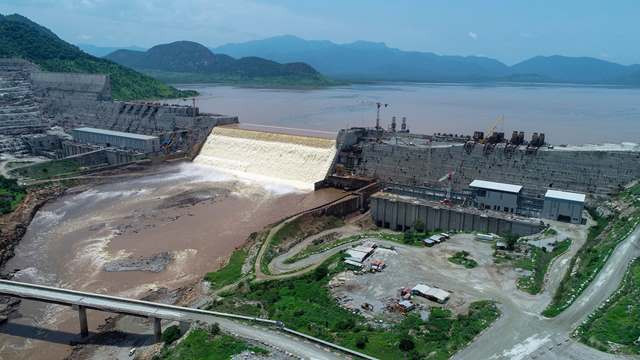
Ethiopia has completed the Grand Ethiopian Renaissance Dam (GERD), Africa’s largest hydroelectric project, signaling a major step in its economic growth and regional influence.
The $4 billion dam, built on the Blue Nile near Sudan’s border, will generate over 6,000 megawatts of electricity—more than doubling Ethiopia’s current power capacity.
Funded mainly by Ethiopian citizens, the project reflects Ethiopia’s determination to harness its natural resources for development and energy independence.
The dam’s reservoir holds 74 billion cubic meters of water, a volume that has alarmed downstream countries Egypt and Sudan. Egypt relies on the Nile for about 97% of its freshwater, essential for farming, drinking water, and power generation at the Aswan High Dam.
Sudan also depends heavily on the river for its water needs. Egypt fears the dam will reduce its water supply, especially during droughts or when Ethiopia fills the reservoir.
This could cause serious damage to Egypt’s agriculture and economy. Egypt demands a legally binding agreement to regulate the dam’s operation and protect its water rights.
Sudan, while hopeful about the dam’s benefits, remains cautious due to its own internal challenges and water concerns. Ethiopia insists the dam will not harm downstream water flow and invites Egypt and Sudan to join the dam’s inauguration and ongoing talks.
Ethiopia presents the GERD as a chance for regional cooperation and shared economic growth. Already, power lines connect Ethiopia to neighboring countries, aiming to build a regional energy market that could lower costs and improve energy access.
The conflict over the GERD reflects long-standing tensions rooted in colonial-era treaties that favored Egypt and Sudan’s control over Nile waters. Ethiopia rejects these old agreements and asserts its right to develop resources within its borders.
Despite stalled negotiations and external pressure, Ethiopia prioritized completing the dam to meet its development goals. Beyond energy, the GERD challenges the existing water-sharing system and forces Nile Basin countries to rethink cooperation.
While Ethiopia promotes shared benefits, downstream nations remain wary of water shortages and environmental risks. This issue matters because it reshapes northeastern Africa’s economic and political landscape.
The GERD offers Ethiopia a chance to transform its economy and become a regional energy leader. At the same time, it tests the ability of Nile countries to manage shared resources fairly and peacefully.
Understanding the GERD means recognizing the balance between Ethiopia’s development ambitions and Egypt and Sudan’s water security concerns.
The dam marks a shift from old water rights toward a new era where upstream countries assert their needs, requiring negotiation and cooperation to avoid conflict and promote stability.





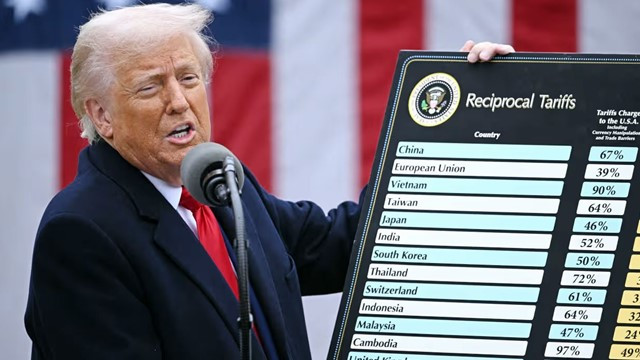
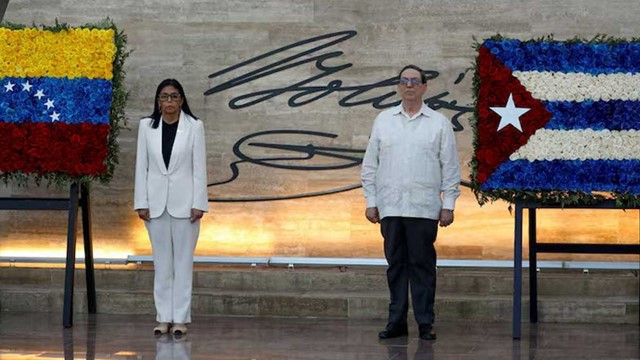
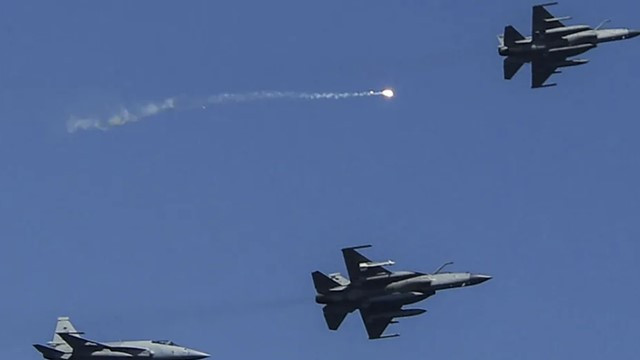





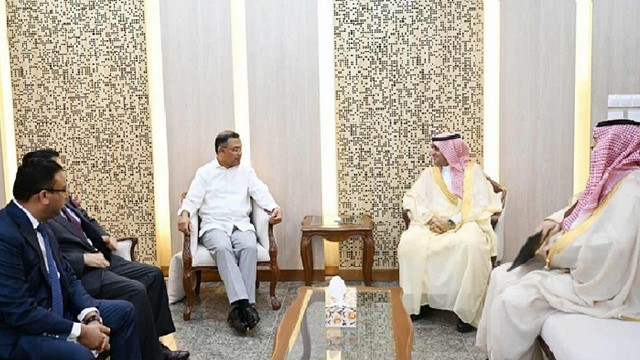
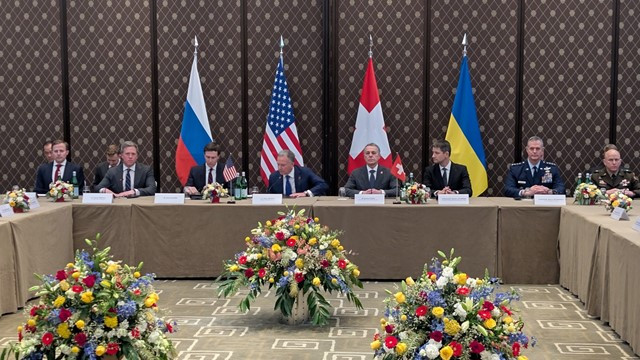



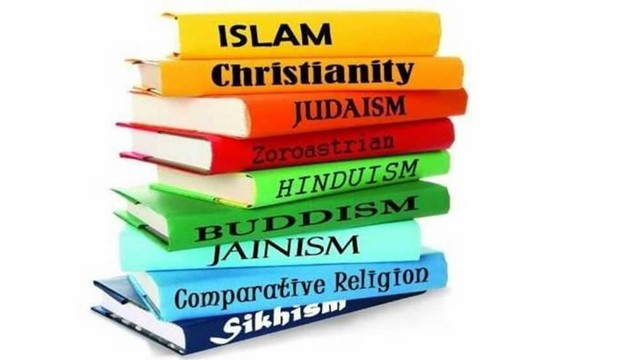
Comments Here: